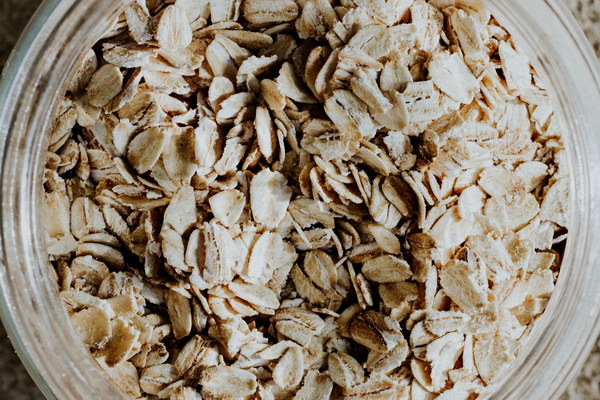How Long Does It Take to Clean Your Lungs After Quitting Smoking Early
Quitting smoking is a significant decision that can have profound effects on one's health. While the benefits of quitting smoking are well-documented, many smokers may wonder how long it takes for their lungs to begin to heal and clear out the toxins accumulated over time. This article delves into the process of lung cleansing after quitting smoking early, exploring the various stages and the timeline for recovery.
The first few weeks after quitting smoking are crucial for lung healing. During this time, the body begins to rid itself of the tar and nicotine that have accumulated in the lungs. It is estimated that within the first 48 hours of quitting, carbon monoxide levels in the blood drop significantly, allowing the oxygen levels to rise. This is a positive sign that the body is already working to restore its respiratory health.
Within the first three to nine months, smokers may experience a noticeable improvement in lung function. The cilia, tiny hair-like structures in the lungs that help move mucus and trapped particles out of the airways, start to regrow and function more effectively. This regeneration process allows for a more efficient removal of mucus and trapped debris, leading to an improvement in breathing and a decrease in the frequency of respiratory infections.
After about one year of quitting, the risk of heart disease decreases, and the lungs continue to clear out accumulated toxins. Many individuals report feeling more energetic and experiencing a better sense of overall well-being during this period. The cilia have fully regrown, and the lungs' ability to filter air is significantly improved.

At around five years post-quit, the risk of stroke and lung cancer decreases to about half that of a current smoker. The lungs are now capable of clearing out mucus more effectively, reducing the likelihood of respiratory infections. Many former smokers find that their lung capacity has improved, and they are able to engage in activities that were previously difficult, such as running or cycling.
By the ten-year mark, the risk of lung cancer is reduced to the same level as someone who has never smoked. The lungs have fully recovered from the damage caused by smoking, and the cilia continue to perform their essential functions. At this stage, many former smokers can enjoy a full range of physical activities without any restrictions.
It is important to note that the healing process can vary from person to person. Factors such as the duration of smoking, the amount smoked, and overall health can influence the pace of lung recovery. However, it is clear that quitting smoking early significantly accelerates the process of lung healing.
In conclusion, the process of lung cleansing after quitting smoking early involves various stages and can take anywhere from a few weeks to several years. While the timeline for recovery may vary, the benefits of quitting smoking are undeniable. By making the decision to quit, individuals can begin the journey towards healthier lungs and a better quality of life.









